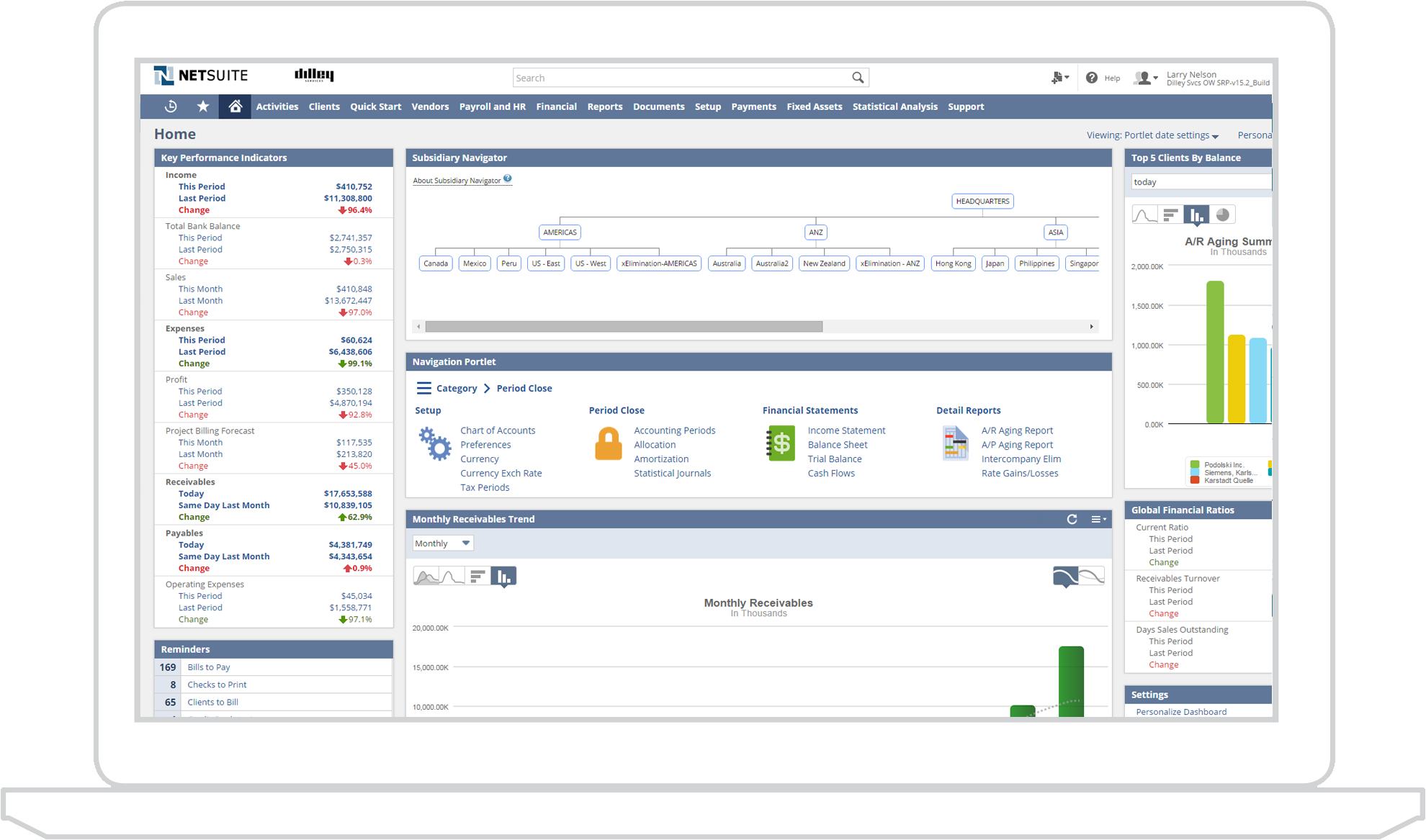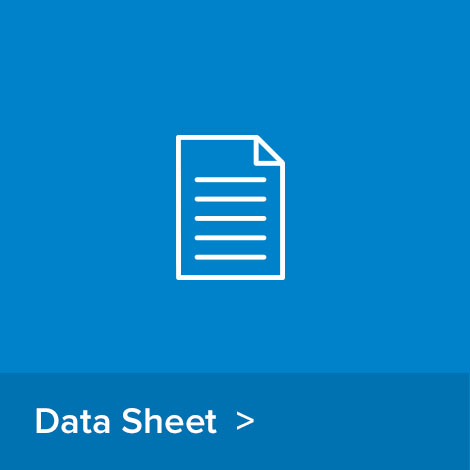Financial Management
The #1 Cloud Financial Management Solution
 Used by thousands of organizations worldwide, NetSuite’s financial management solution expedites daily financial transactions, accelerates the financial close and ensures compliance. Our cloud-based single platform architecture ensures complete real-time visibility into the financial performance of the business from a consolidated level down to the individual transactions.
Used by thousands of organizations worldwide, NetSuite’s financial management solution expedites daily financial transactions, accelerates the financial close and ensures compliance. Our cloud-based single platform architecture ensures complete real-time visibility into the financial performance of the business from a consolidated level down to the individual transactions.
NetSuite financial management seamlessly integrates with all NetSuite order management, inventory, CRM and ecommerce functions to streamline critical business processes.
Features
Finance and Accounting
Billing
Revenue Recognition
Financial Planning
GRC
Financial Reporting
Global Accounting and Consolidation
Benefits
Close with Confidence
Accelerate the financial close and maintain compliance with accounting standards.
Report with Accuracy
Drill down into underlying details and understand the impact to your business.
Real-time Information
Improve performance with real-time metrics and role-based dashboards.
































